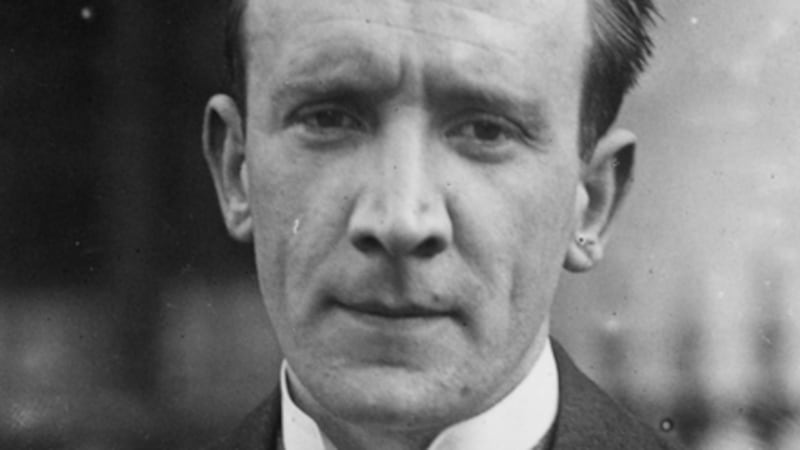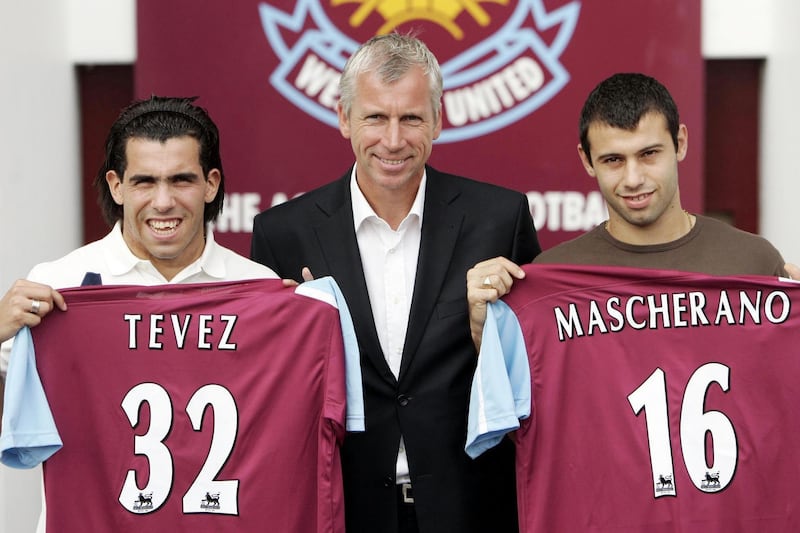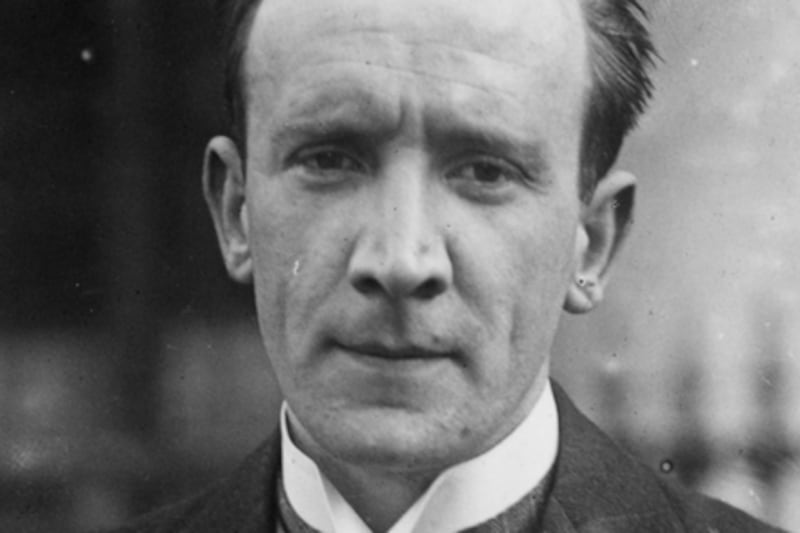May 7 1924
Speaking at Howth last night, Mr Kevin O’Higgins, Minister for Home Affairs, said: “The issue of which I propose to speak tonight is sufficiently grave and affects vitally the mandate which I received from you in the recent general election.
“The time has at last arrived for putting into effective operation the important condition and proviso which attached to the right granted by the Treaty to the Northern Government and Parliament to exclusion from the jurisdiction of the Government of the Free State.
“The Government of Northern Ireland, having acted on portion of Article XII of the Anglo-Irish Treaty, is now engaging in somewhat vehement opposition to the condition and proviso under which that option of exclusion was conceded. Interlarded with protestations of undying loyalty to Britain and her institutions are bloodcurdling threats of the consequences that are to follow any attempts to give effective operation to a Treaty signed by five British plenipotentiaries and solemnly ratified by the British Parliament.
“The highly contingent nature of north-eastern loyalty has always occurred to me as being aptly described by the lines: ‘When we get all we want we’re as quiet as can be / Where the mountains of Mourne sweep down to the sea’.”
Kevin O’Higgins criticises the northern government for cherry-picking British legislation, particularly the Anglo-Irish Treaty. While excluding itself from the Free State, as provided for under Article 12, Craig’s government then refused to recognise a boundary commission.

Flogging in India
Sir Michael O’Dwyer was again under cross-examination yesterday, when the libel action arising out of the Amritsar riots was resumed.
Replying to counsel, he said that after the disturbance 250 persons were flogged, including some convicted by summary jurisdiction under martial law. Military officers and civilian officers had power to flog under martial law proclamation.
Not only did the Government of India issue an order to this effect, but sent their own men to see that it was carried out. Counsel pointed out that natives had been flogged for failing to salaam to officers.







